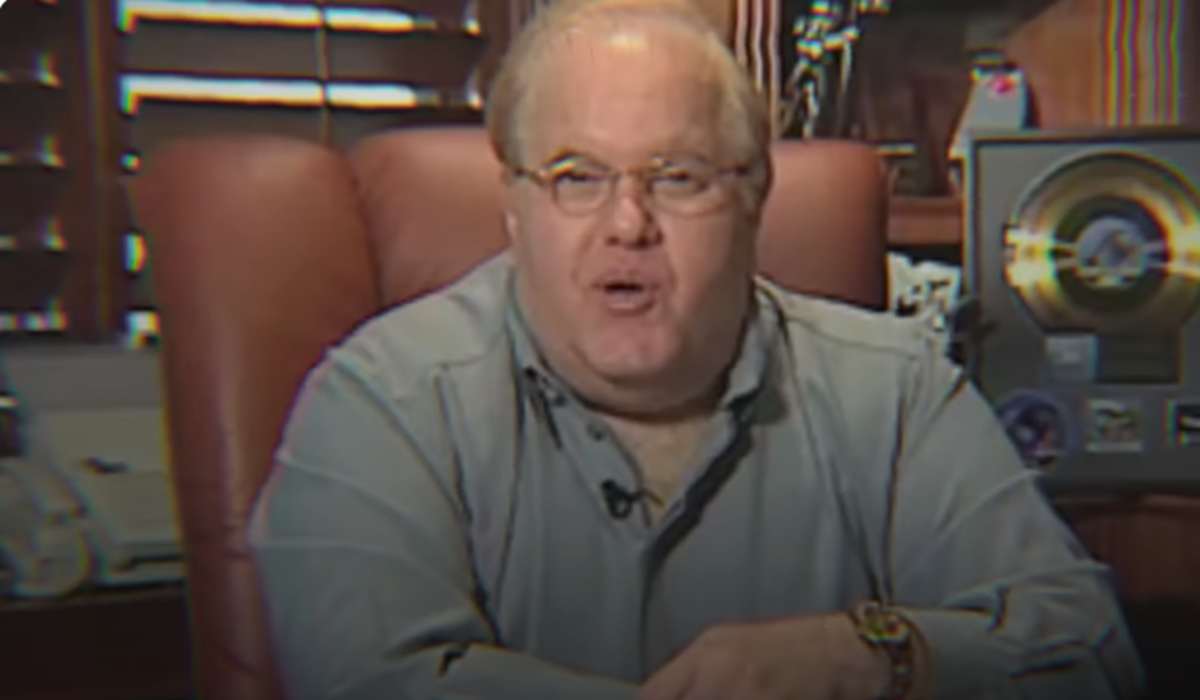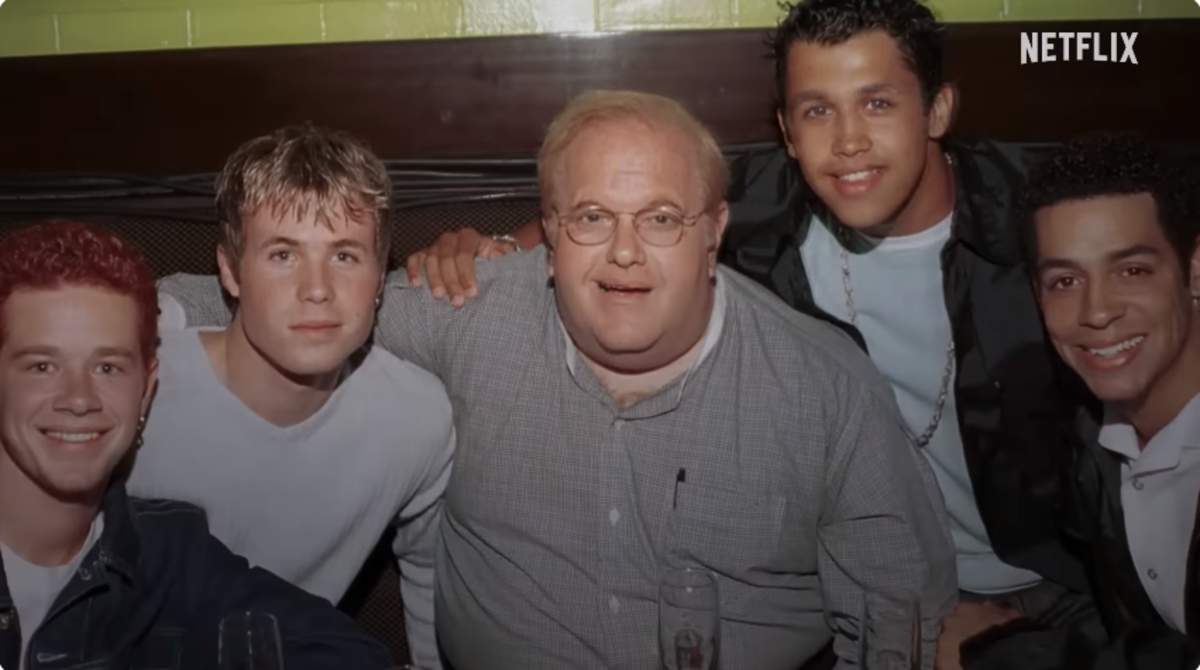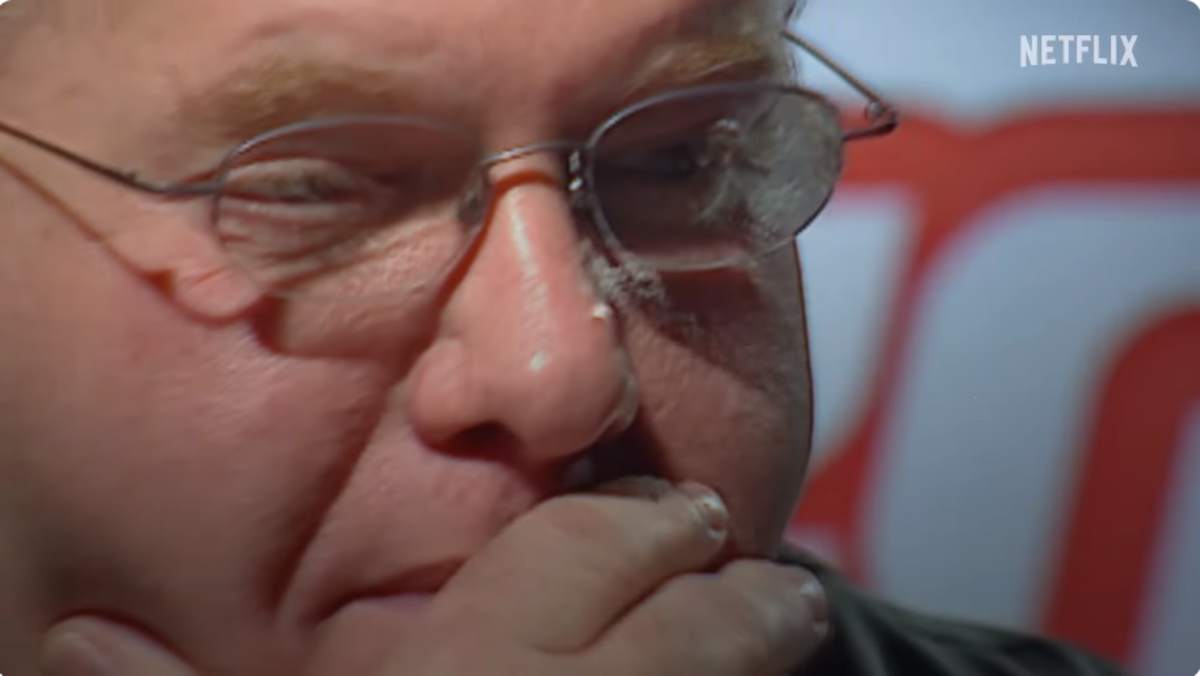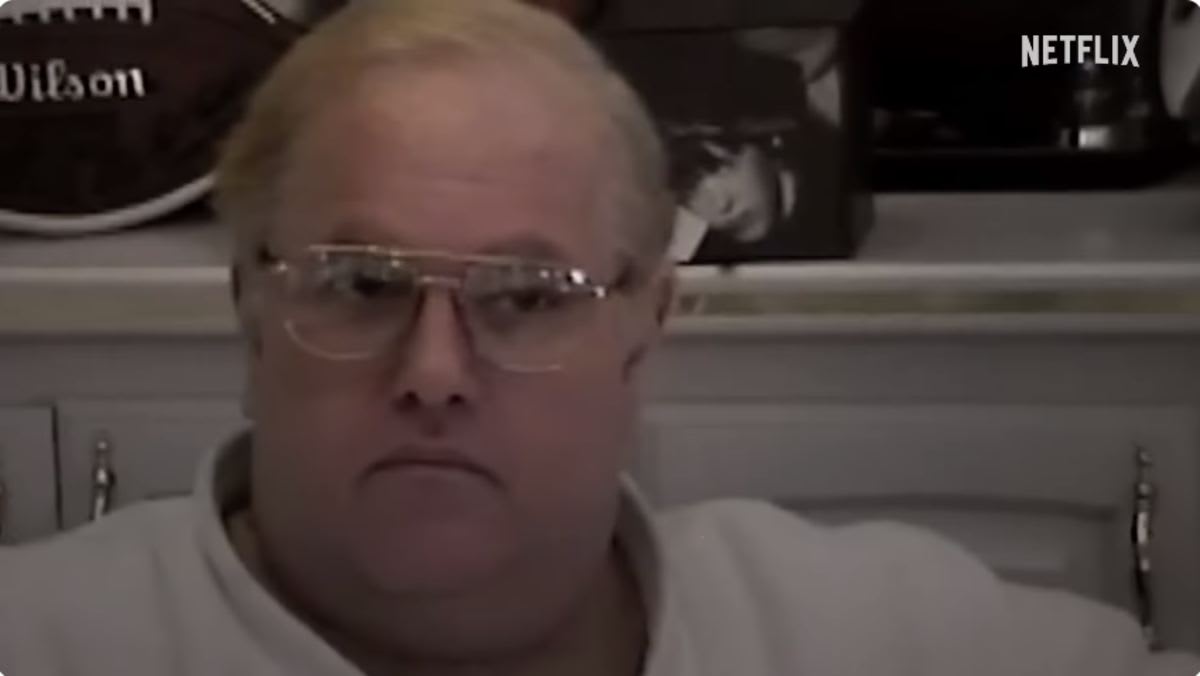'Dirty Pop': What was Lou Pearlman accused of? Infamous mogul created '90s biggest boy bands

LOS ANGELES, CALIFORNIA: The renowned streaming behemoth Netflix has revealed the date of the upcoming documentary series 'Dirty Pop: The Boyband Scam'. The show will chronicle the life of talented scout Lou Pearlman, who served as the publicist for several of the top boybands and performers of the 1990s.
Lou, a music tycoon, established one of the greatest Ponzi scams in history, as well as the biggest boy bands of the 1990s.
Lou was the talent manager who founded the Backstreet Boys and N'SYNC throughout the 1990s. He had even more success in the years that followed, creating and managing a number of top US bands and musicians.
But Lou was imprisoned in 2008. He received a 25-year term in connection with one of the most prominent Ponzi schemes in the United States, in which he defrauded investors out of more than $1 billion.
He passed away in prison in 2016.

Which boybands were formed by Lou Pearlman?
In the 1990s, Lou launched a talent hunt to find a new boyband that could compete with the US group New Kids on the Block's success. He found five young men who would later become the Backstreet Boys, one of the all-time best-selling boybands.
They are the only group since Led Zeppelin to have their first ten albums hit the top ten in the US Billboard chart; they have sold over 100 million copies worldwide. Lou later joined Justin Timberlake's group N'SYNC, which eventually dethroned the Backstreet Boys as the pop icon.
Their 2000 album 'No Strings Attached' went on to become the second best-selling album of the decade in the United States, only surpassed by The Beatles' greatest hits collection. His career took off when he created O-Town.
After being assembled for the 2000 season of MTV's 'Making The Band', they went on to achieve several top 10 singles, both domestically and internationally. Also, they won the 2001 Teen Choice Awards' Breakout Artist of the Year title.
They broke up in 2003 but have subsequently come back together.

What Ponzi scheme has Lou Pearlman been accused of?
Lou had cheated investors out of almost $1 billion, authorities found in 2006. He was sued in a federal court for fraud and deception after the bands and musicians he was managing voiced concerns.
They had been promised enormous sums of money, but Lou and his business gave them far less than they had anticipated, all the while pocketing millions. It was discovered that he had concocted a fraud scheme to get individuals to invest in Trans Continental International Inc.
In a 2002 complaint, 14-year-old Aaron Carter claimed that Trans Continental and Lou had defrauded him of hundreds of thousands of dollars. Lou enticed people to fund his plan using fictitious insurance paperwork.
He obtained bank loans by forging false financial statements as well. He was able to grow this even further and draw in more revenue because of the rising notoriety and success of his musicians.
After going over documents, the family of one of his investors became suspicious and claimed to have strong proof that fraud had been perpetrated. They informed other investors in the firm that they would not be receiving their money back, which prompted a closer investigation by Florida's Office of Financial Regulation.
The majority of the money he had taken in from investors—at least $95 million—was gone when it was discovered that he had been operating a massive hoax. Lou vanished from the US, but after being seen in Indonesia the following year, he was apprehended.
On allegations of conspiracy, money laundering, and making false claims during a bankruptcy procedure, he was given a 25-year jail sentence in 2008.

'Dirty Pop: The Boy Band Scam' unfolds Lou Pearlman's massive Ponzi scheme
A documentary called 'Dirty Pop: The Boy Band Scam' is soon to be available on Netflix. It claims to cut through Lous's network of falsehoods and expose the brutal truths of celebrity, authority, exploitation, and money.
You may watch it starting on July 24, 2024. There are several packages available on Netflix, ranging from an ad-supported one to pricier ones that are ad-free and provide better image and sound quality.

Watchers may use their phones, iPads, or Smart TVs to view shows.










